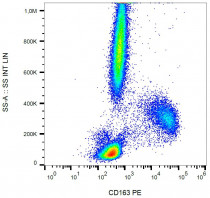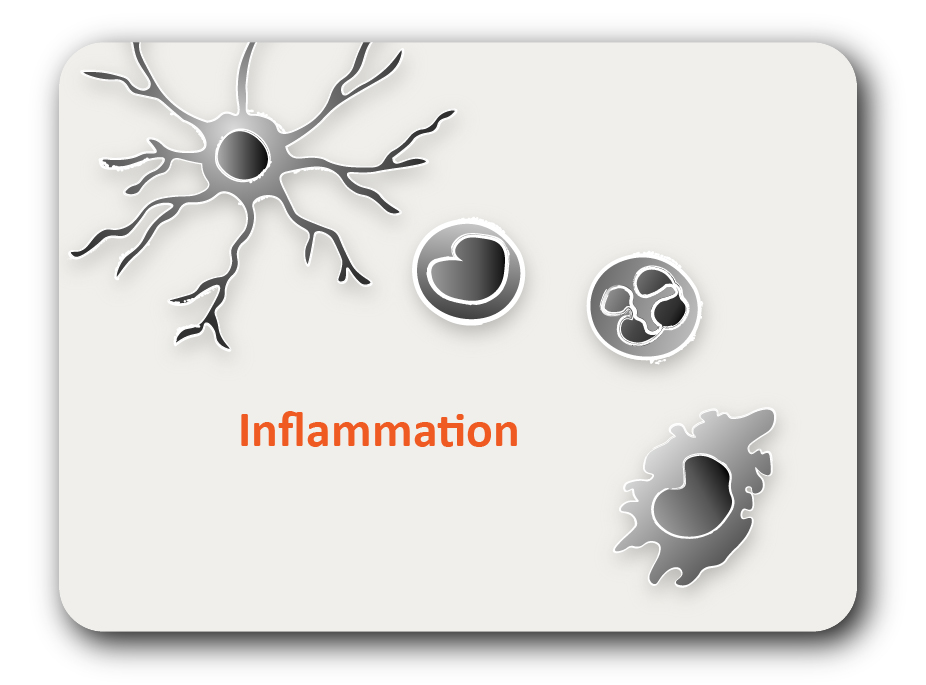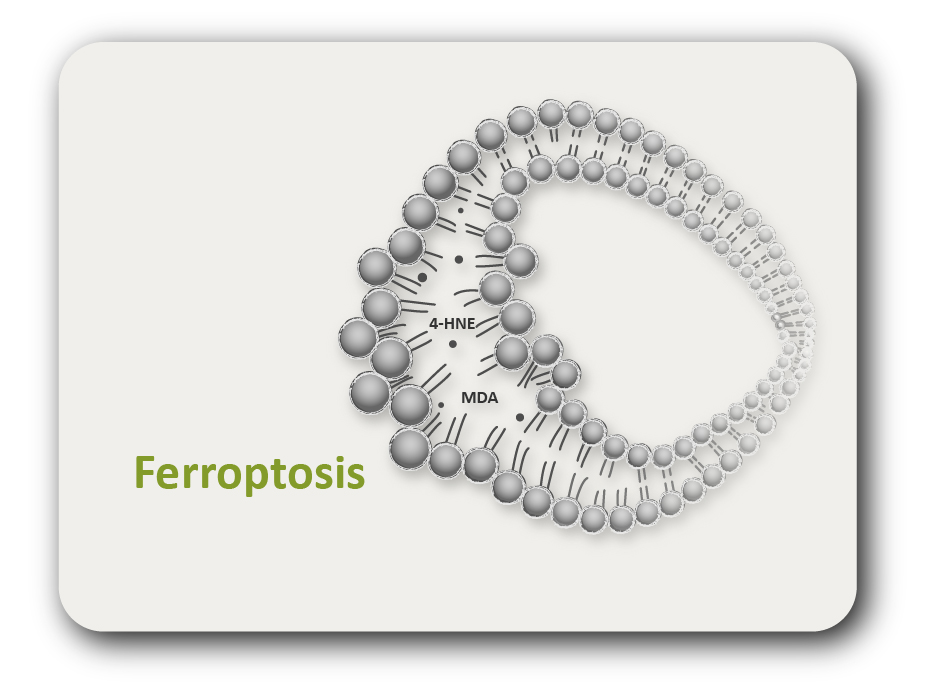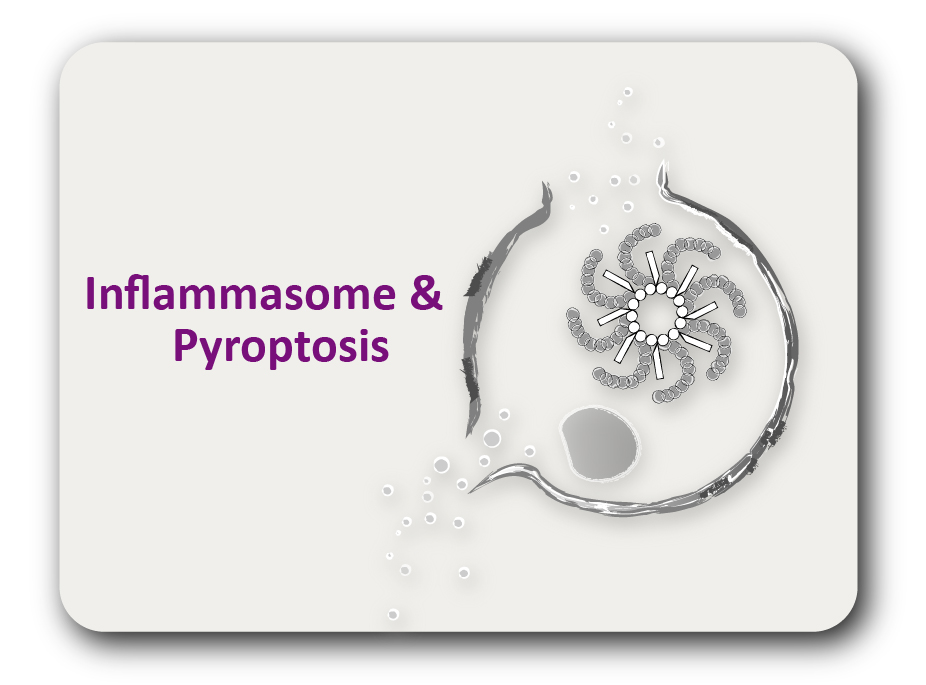ARG54249
anti-CD163 antibody [GHI/61] (PE)
anti-CD163 antibody [GHI/61] (PE) for Flow cytometry and Human
M1/M2/TAM Marker antibody; Macrophage Marker antibody; M2 Macrophage Marker antibody
概述
| 产品描述 | PE-conjugated Mouse Monoclonal antibody [GHI/61] recognizes CD163 |
|---|---|
| 反应物种 | Hu |
| 应用 | FACS |
| 特异性 | The clone GHI/61 recognizes CD163, an approximately 130 kDa high affinity scavenger receptor expressed mainly on monocytes and macrophages, which binds hemoglobin-haptoglobin complex. HLDA VI; WS Code M38 |
| 宿主 | Mouse |
| 克隆 | Monoclonal |
| 克隆号 | GHI/61 |
| 同位型 | IgG1 |
| 靶点名称 | CD163 |
| 抗原 | Hairy cell leukemia cells |
| 偶联标记 | PE |
| 別名 | sCD163; M130; Scavenger receptor cysteine-rich type 1 protein M130; MM130; CD antigen CD163; Hemoglobin scavenger receptor |
应用说明
| 应用建议 |
|
||||
|---|---|---|---|---|---|
| 应用说明 | * The dilutions indicate recommended starting dilutions and the optimal dilutions or concentrations should be determined by the scientist. |
属性
| 形式 | Liquid |
|---|---|
| 纯化说明 | The purified antibody is conjugated with R-Phycoerythrin (PE) under optimum conditions. The conjugate is purified by size-exclusion chromatography and adjusted for direct use. No reconstitution is necessary. |
| 缓冲液 | PBS, 15 mM Sodium azide and 0.2% (w/v) high-grade protease free BSA |
| 抗菌剂 | 15 mM Sodium azide |
| 稳定剂 | 0.2% (w/v) high-grade protease free BSA |
| 存放说明 | Aliquot and store in the dark at 2-8°C. Keep protected from prolonged exposure to light. Avoid repeated freeze/thaw cycles. Suggest spin the vial prior to opening. The antibody solution should be gently mixed before use. |
| 注意事项 | For laboratory research only, not for drug, diagnostic or other use. |
生物信息
| 数据库连接 |
Swiss-port # Q86VB7 Human Scavenger receptor cysteine-rich type 1 protein M130 |
|---|---|
| 基因名称 | CD163 |
| 全名 | CD163 molecule |
| 背景介绍 | CD163 protein is a member of the scavenger receptor cysteine-rich (SRCR) superfamily, and is exclusively expressed in monocytes and macrophages. It functions as an acute phase-regulated receptor involved in the clearance and endocytosis of hemoglobin/haptoglobin complexes by macrophages, and may thereby protect tissues from free hemoglobin-mediated oxidative damage. This protein may also function as an innate immune sensor for bacteria and inducer of local inflammation. Alternatively spliced transcript variants encoding different isoforms have been described for this gene. [provided by RefSeq, Aug 2011] |
| 生物功能 | CD163: Acute phase-regulated receptor involved in clearance and endocytosis of hemoglobin/haptoglobin complexes by macrophages and may thereby protect tissues from free hemoglobin-mediated oxidative damage. May play a role in the uptake and recycling of iron, via endocytosis of hemoglobin/haptoglobin and subsequent breakdown of heme. Binds hemoglobin/haptoglobin complexes in a calcium-dependent and pH-dependent manner. Exhibits a higher affinity for complexes of hemoglobin and multimeric haptoglobin of HP*1F phenotype than for complexes of hemoglobin and dimeric haptoglobin of HP*1S phenotype. Induces a cascade of intracellular signals that involves tyrosine kinase-dependent calcium mobilization, inositol triphosphate production and secretion of IL6 and CSF1. Isoform 3 exhibits the higher capacity for ligand endocytosis and the more pronounced surface expression when expressed in cells. After shedding, the soluble form (sCD163) may play an anti-inflammatory role, and may be a valuable diagnostic parameter for monitoring macrophage activation in inflammatory conditions. [UniProt] |
| 产品亮点 | Related products: CD163 antibodies; CD163 ELISA Kits; CD163 Duos / Panels; Anti-Mouse IgG secondary antibodies; Related news: New antibody panels and duos for Tumor immune microenvironment Anti-SerpinB9 therapy, a new strategy for cancer therapy RIP1 activation and pathogenesis of NASH |
| 研究领域 | M1/M2/TAM Marker antibody; Macrophage Marker antibody; M2 Macrophage Marker antibody |
| 预测分子量 | 125 kDa |
| 翻译后修饰 | A soluble form (sCD163) is produced by proteolytic shedding which can be induced by lipopolysaccharide, phorbol ester and Fc region of immunoglobulin gamma. This cleavage is dependent on protein kinase C and tyrosine kinases and can be blocked by protease inhibitors. The shedding is inhibited by the tissue inhibitor of metalloproteinase TIMP3, and thus probably induced by membrane-bound metalloproteinases ADAMs. Phosphorylated. |
检测图片 (1) Click the Picture to Zoom In
克隆号文献








